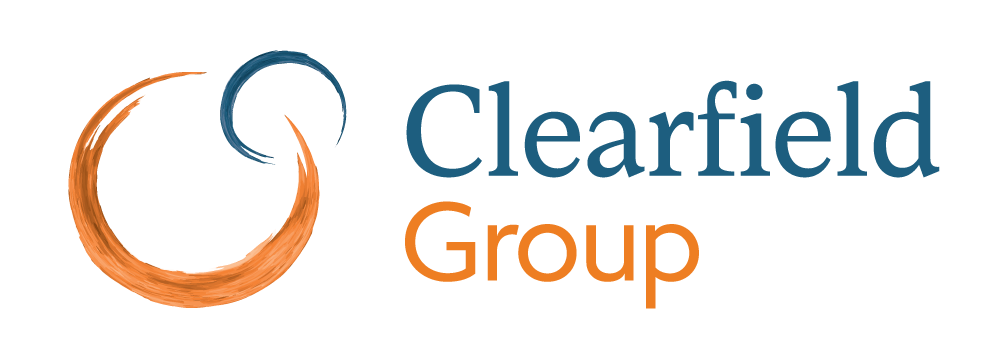The value of outsiders and coaching at work and in life
Meltdown, as my regular readers will know, is about how we can understand and manage complexity in a different way.
When my coauthor András and I set out to write the book, we dug into failures like nuclear meltdowns and oil spills.
And, in studying these, we found ways for leaders to fundamentally change how they run their organizations.
In the book, we write about the power of outsiders to uncover and understand problems — from the truck driver who discovered that the Washington State Department of Corrections was releasing thousands of prisoners early to the regulators who unraveled the Volkswagen Dieselgate scandal.
When I’m consulting, being an outsider is part of my value. I see what my clients can’t necessarily see: the water in which they swim. I often think of how we can create outsiders within a client’s organization, too: roles that can continue the practice of gentle challenge and discovery.
Beyond studying big organizations, András and I also discovered ways that complexity affects all of us on a day-to-day basis — and strategies that can help shift our behavior.
Indeed, individuals also harness outsiders — by talking with a trusted friend or engaging a coach. In my experience, coaches can be transformational, enabling progress and growth in a way that is both more easeful and effective.
Coaches help us stay accountable.
This spring, I trained for a half-marathon. I had a coach — sort of. I used an audio program recorded by running coach Katie Barrett. Katie did a few things for me (and, because she’s coaching at scale, the thousands of others who subscribe to her prerecorded programs):
- She established a workout schedule and cadence that took thinking off the table and kept me showing up for runs.
-
She challenged me. Even though Katie was just a voice in my ear, when she told me to push and run faster, I did! (We humans are strange, right?)
Coaches also provide a space for us to shift our perspective.
When I coach business owners and executives, I help them make sense of their current situations. We think about why things are the way they are and dig into the stories that they tell themselves.
Those stories are often useful approximations that help us situate ourselves in the world. But they’re also the water that we swim in. But they’re just mental models and, many times, they constrain us in ways that we don’t fully see. Helping clients get curious about their stories is one of the great joys of the work that I do. That curiosity helps us see that it’s the stories themselves that create our barriers.
Simply put, curiosity is one of the most powerful forces for transformational change that I have ever seen at work.
What about you? Has a coach helped you see your stories and move past one of your barriers?

